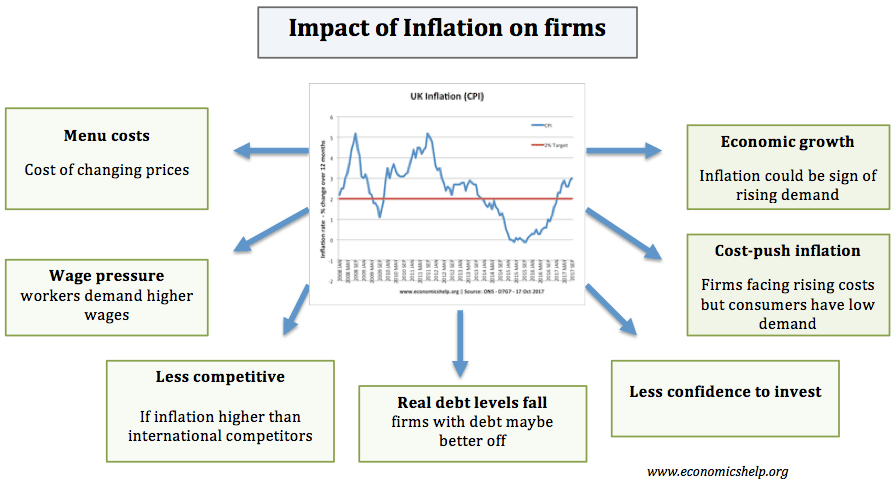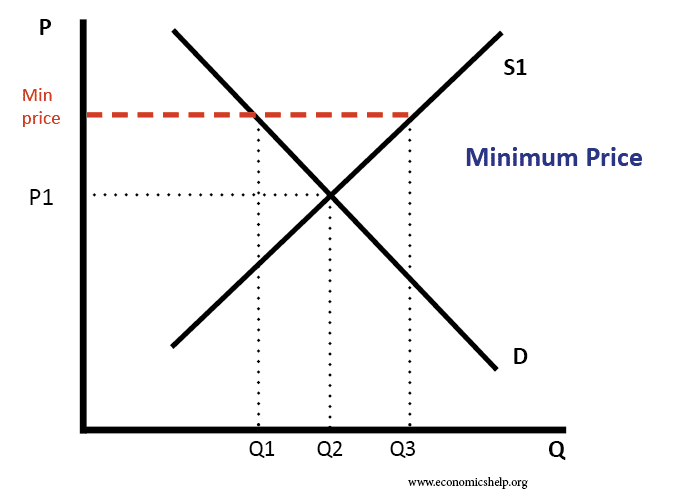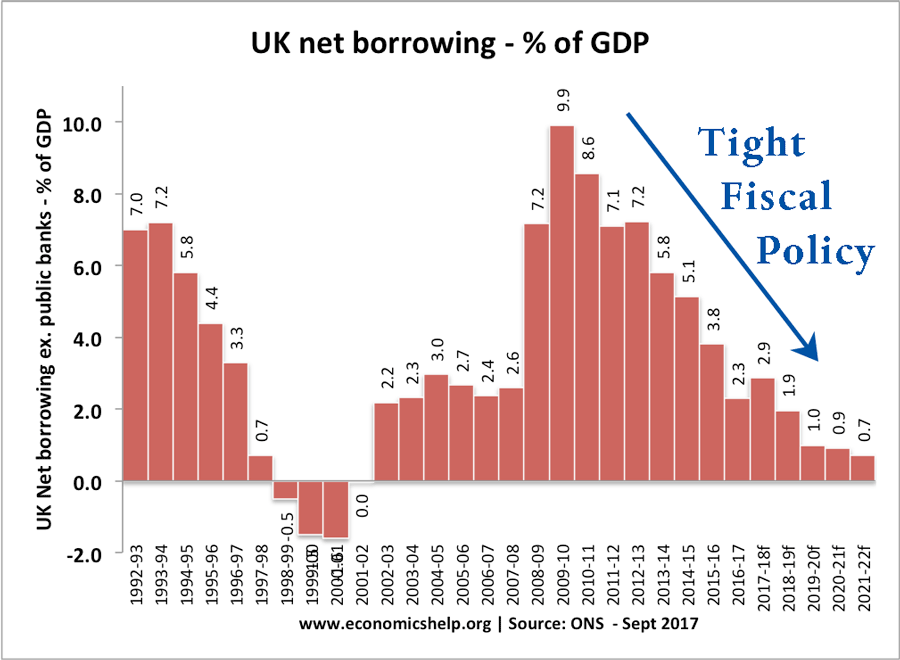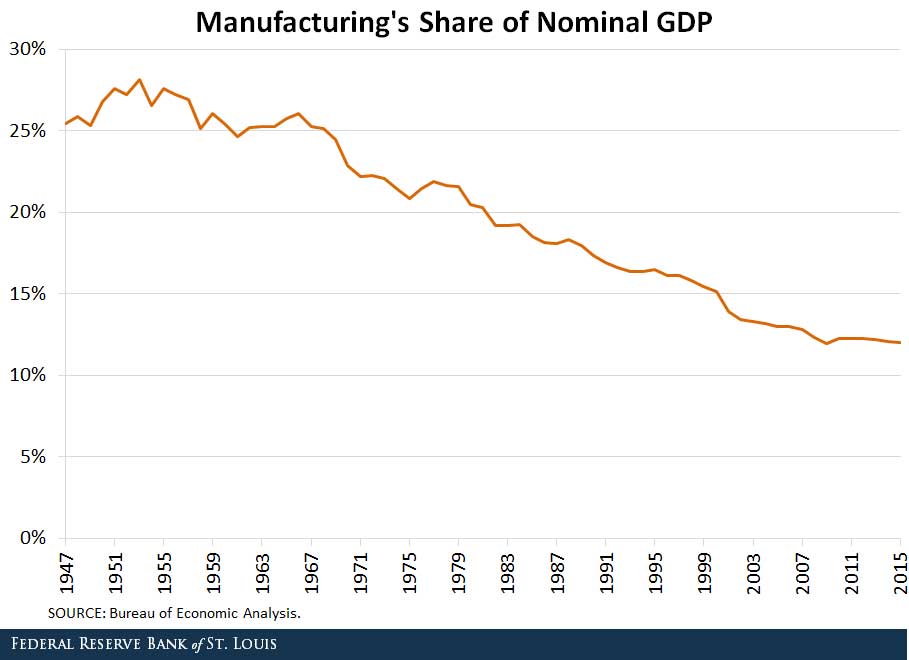Advantages of Government Borrowing
Government Borrowing can be acceptable under certain conditions In 2008/09, US borrowing rose sharply as the economy went into recession. The borrowing enabled the government to bailout the car industry and provide automatic fiscal stabilisers. Without government borrowing, demand would fall by more. 1. Recession If there is a downturn in the economy, there will …




